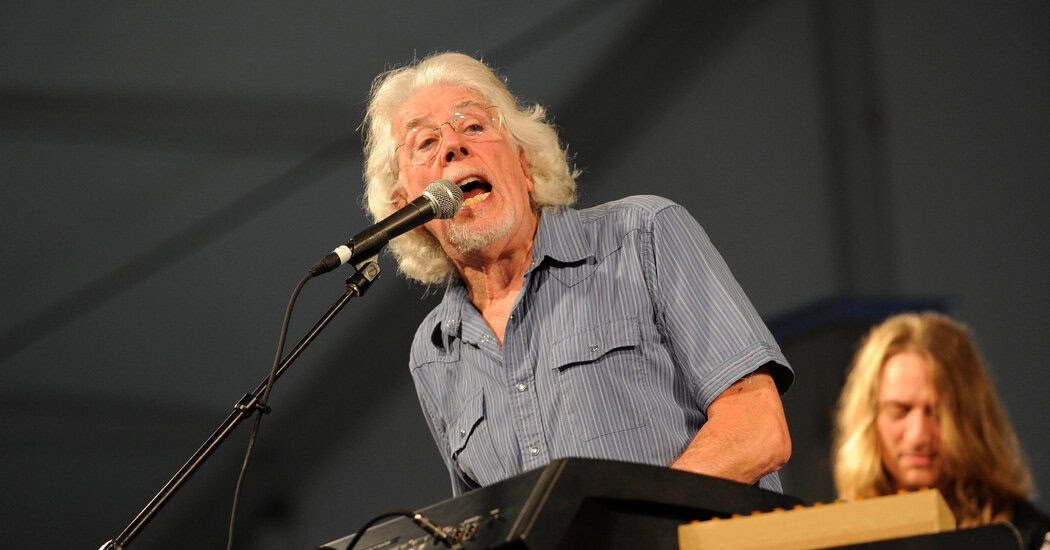John Mayall, Pioneer of British Blues, Is Dead at 90

John Mayall, the pioneering British bandleader whose mid-1960s blues ensembles served as incubators for some of the biggest stars of rock’s golden era, died on Monday. He was 90.
The death was confirmed in a statement on Mr. Mayall’s official Facebook page. The statement did not give a cause or specify where he died, saying only that he died “in his California home.”
Though he played piano, organ, guitar and harmonica and sang lead vocals in his own bands with a high, reedy tenor, Mr. Mayall earned his reputation as “the godfather of British blues” not for his own playing or singing but for recruiting and polishing the talents of one gifted young lead guitarist after another.
In his most fertile period, between 1965 and 1969, those budding stars included Eric Clapton, who left to form the band Cream and eventually became a hugely successful solo artist; Peter Green, who left to found Fleetwood Mac; and Mick Taylor, who was snatched from the Mayall band by the Rolling Stones.
A more complete list of the alumni of Mr. Mayall’s band of that era, known as the Bluesbreakers, reads like a Who’s Who of British pop royalty. The drummer Mick Fleetwood and the bassist John McVie were also founding members of Fleetwood Mac. The bassist Jack Bruce joined Mr. Clapton in Cream. The bassist Andy Fraser was an original member of Free. Aynsley Dunbar would go on to play drums for Frank Zappa, Journey and Jefferson Starship.
In his book “Clapton: The Autobiography” (2007), Mr. Clapton described playing in the Bluesbreakers under Mr. Mayall’s tutelage as a demanding but rewarding kind of musical finishing school. After leaving the Yardbirds and joining the Mayall band in April 1965, “grateful that someone saw my worth,” he wrote, he moved into “a tiny little cupboard room at the top of John’s house” so that he could better soak up all the lessons he wanted Mr. Mayall to teach him.